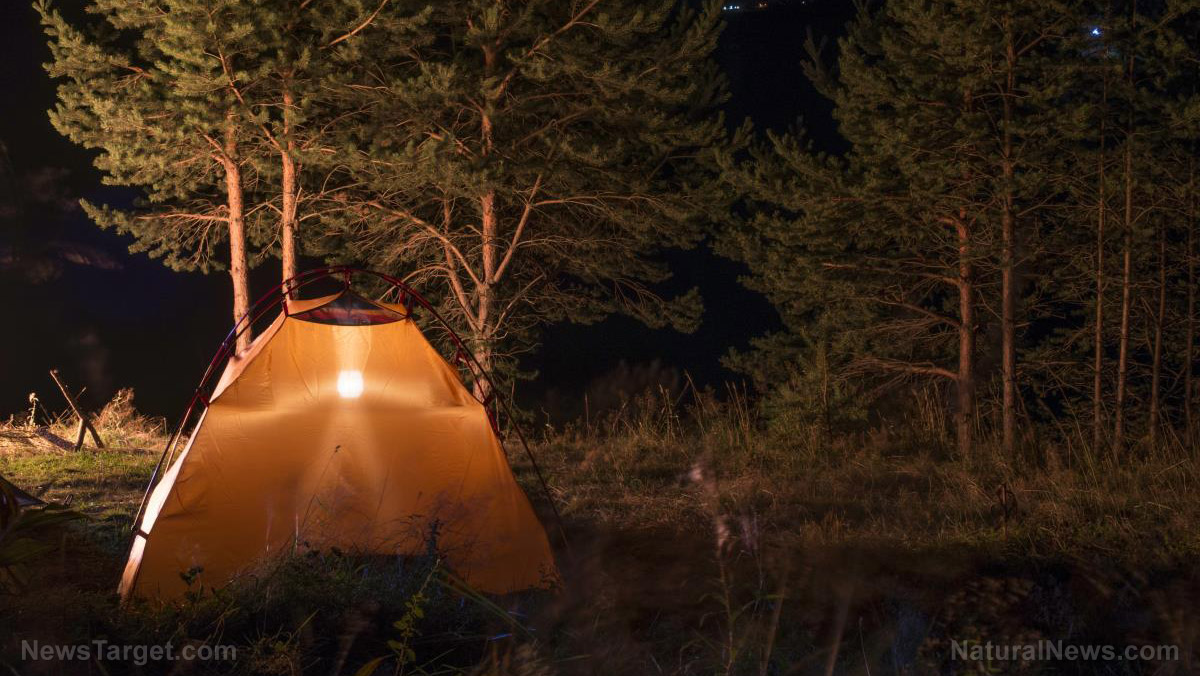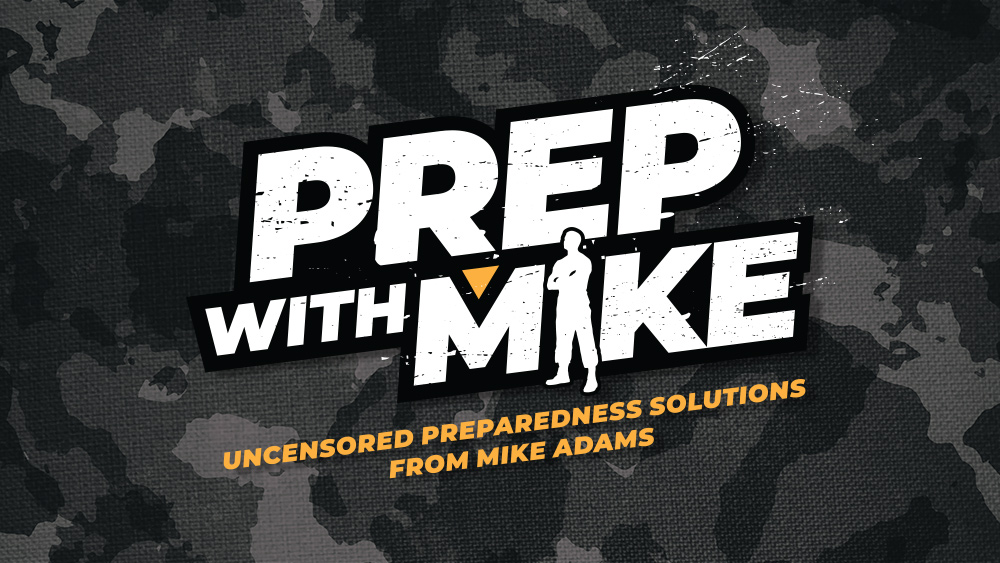
Advertisement
Thrift stores are one of the best places to shop for just about anything, even though many have increased their prices over the last couple of years. Hiking boots, pot and pans, sweatshirts, coats, radios, hats, blankets, belts, and so much more, are just waiting to find their new home. Many of these stores are run by non-profits, or ministries that raise money to help others. So you’re getting a double value when you choose to spend your dollars at thrift stores. And, if you’re looking to jump start emergency preparations, or fill in the gaps of what has already been prepared, you may be surprised at what thrift stores have on their racks.
Of course, while you may find some thrift stores offer used packages of food, it’s probably best to secure your long term survival food from a trusted source. And if you are adamantly against GMOs, and chemicals, you certainly don’t want those when you’re trying to survive. The Numanna Organic Family Pack is a chemical and GMO-free bucket of individually (mylar) packaged delicious meals that can be stored for twenty-five years. To prepare a meal, it only takes fire and water. The money you’ll save buying used items at a thrift store can be put into your emergency long term food supplies.
Urbansurvivalsite.com has compiled an excellent list of what prepper supplies to look for when you’re rummaging through the thrift store racks and boxes. Here’s eight to consider.
1. First Aid Supplies
During emergency situations, people can fall and twist their ankle or worse. Thrift stores generally have a supply of crutches, walkers, and even portable toilets. Occasionally you may find slings, unopened bandages, gauze, and elastic supports for ankles and knees. When people clean out their medicine cabinets, one never knows what they’ll donate. Items change daily, so keep checking.

2. Candles
Slightly used candles can be purchased for almost pennies. Sometimes the wicks are buried and the candles are broken, but they can easily be trimmed to work like new.
3. Rain Protection
Look over used raincoats carefully, as some have lost their ability to repel rain. Boots, hats, umbrellas, and water proof ponchos are usually in abundant supply. Tarps, even if they are slightly used, can also be very beneficial. And you’ll save a bundle by not buying one new.
4. Used Tools
In larger thrift stores, there can be a section that features power tools like drills or saws. As with any electronic item, always test it to see if it turns on and functions. With the failure of electricity in mind, look for hand saws, hammers, screw drivers, staple guns, shovels, hoes, and rakes for the garden. A used bicycle might not be considered an authentic tool, but it can sure come in handy if there’s no gas for your vehicle.
5. The ever essential storage bucket
If you’re going to catch rainwater, a new bucket might be in order, although if the thrift store bucket has only been used for food, a good washing might make that a keeper. Also peruse the store for metal and/or plastic buckets and lids. You could use them to store animal feed, tools, twigs for fires, or even as an emergency toilet.
6. Gear for Hunting
Most thrift operations have huge back rooms storing all sorts of items, including hunting gear. Get to know the folks who work that area and find out when deliveries are made. You may get a lead on when camouflage clothing or animal traps are donated. Finding used hunting boots might be tricky, but you may be surprised at the vast selection in some of the larger thrift stores.
7. Canning supplies and cookware
All thrift stores have aisles and aisles of used dishes, pots, pans, can openers, silverware, and glassware. Occasionally, there will be a used canner, mason jars and, if you’re lucky, some iron skillets.
8. Children’s supplies
In a long term crisis, all parents are home-school teachers. Look for used educational reading books, family board games, wooden toys, bats, balls, and extra warm pint-sized jackets, hats, and gloves. You may find used notebooks or journals for budding writers or costume clothing for play-acting. When there’s no internet, their imaginations can be encouraged!
Weather events, social unrest, food shortages, electrical outages . . . all these possibilities exist and more. To learn more strategies about survival and prepping, visit Bugout.news.
Sources:
Submit a correction >>
This article may contain statements that reflect the opinion of the author
Advertisement
Advertisements















